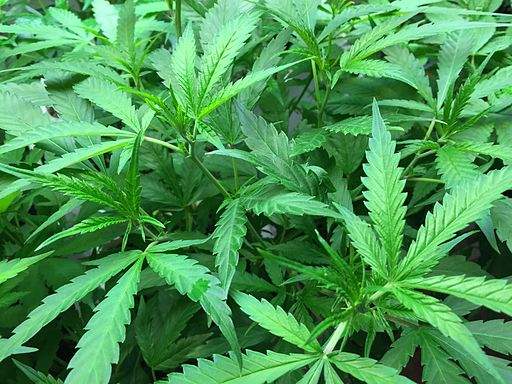
A recent study by the NYU School of Medicine has found cannabidiol (CBD)-based drug Epidiolex significantly reduces the frequency of seizures in patients with Lennox-Gastaut syndrome (LGS), a severe form of epilepsy.
The Phase III trial is the third published in a major journal to evaluate an oral solution of CBD in children with a rare type of treatment-resistant epilepsy.

Discover B2B Marketing That Performs
Combine business intelligence and editorial excellence to reach engaged professionals across 36 leading media platforms.
It compared two doses of CBD to placebo, with a total of 225 patients put on one of three courses: a 20 mg/kg/d CBD regime, 10 mg/kg/d CBD regime, or placebo. The first group reported a 41.9% decrease in ‘drop seizures’ (which cause a severe loss of muscle control and balance), while the second reported a 37.2% reduction, and the placebo group reported a 17.2% reduction.
LGS is a rare and severe form of epilepsy characterised by frequent drop seizures and severe cognitive impairment. There are currently six medications approved for the condition, but often these cannot prevent the disabling seizures.
“This new study adds rigorous evidence of cannabidiol’s effectiveness in reducing seizure burden in a severe form of epilepsy and, importantly, is the first study of its kind to offer more information on proper dosing,” study first co-author Dr Orrin Devinsky said.
“These are real medications with real side effects, and as providers we need to know all we can about a potential treatment in order to provide safe and effective care to our patients.”

US Tariffs are shifting - will you react or anticipate?
Don’t let policy changes catch you off guard. Stay proactive with real-time data and expert analysis.
By GlobalDataAdverse effects were defined in the study as moderate or mild in severity. Those that occurred in more than 10% of patients included sleepiness, decreased appetite, diarrhoea, upper respiratory infection, fever, vomiting, nasopharyngitis, and status epilepticus.
The drug used in the study, Epidiolex, is an oral formulation of CBD manufactured by GW Pharmaceuticals, which also funded the study.
Findings were published online in The New England Journal of Medicine.
CBD, a compound derived from the cannabis plant, does not produce the ‘high’ that the compound tetrahydrocannabinol (THC) does. As such it has become increasingly popular in drug development and medical research.
Devinsky also conducted studies earlier this year and in 2017, with the latter published in The New England Journal of Medicine. The separate findings showed significant reductions in seizures in children with LGS and Dravet Syndrome, another rare type of epilepsy.
In April this year, the US Food and Drug Administration (FDA) advisory panel agreed to recommend approval of a new drug application for Epidiolex oral solution, following a meeting where researchers such as Devinsky presented their findings. A decision on whether the medication will be approved is anticipated for late June.
Devinksy said: “While the news gives hope for a new treatment option to the epilepsy community, more research remains imperative to better determine the effects of CBD and other similar cannabis-derived compounds on other forms of the disease and in more dosing regimens.”





